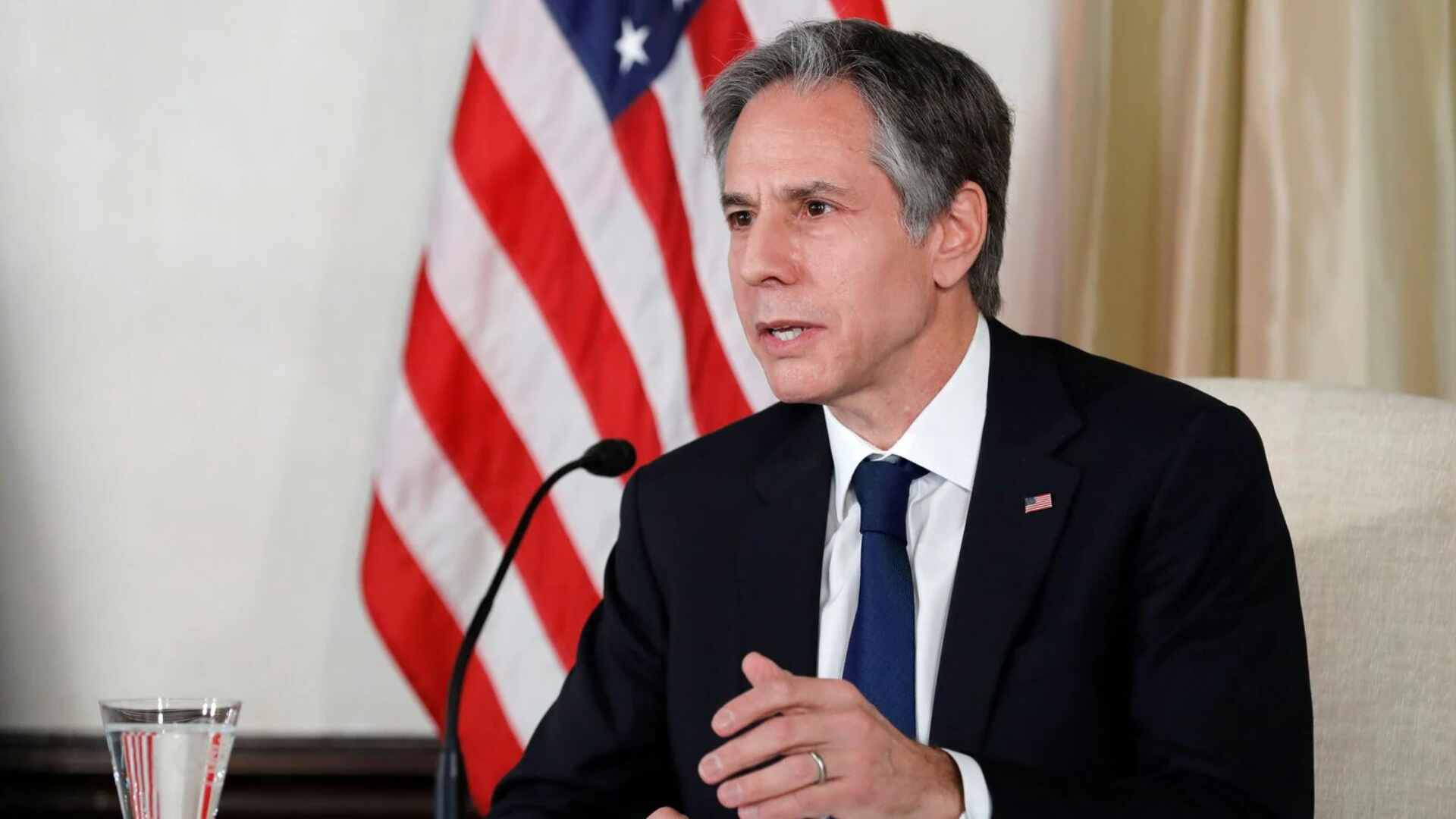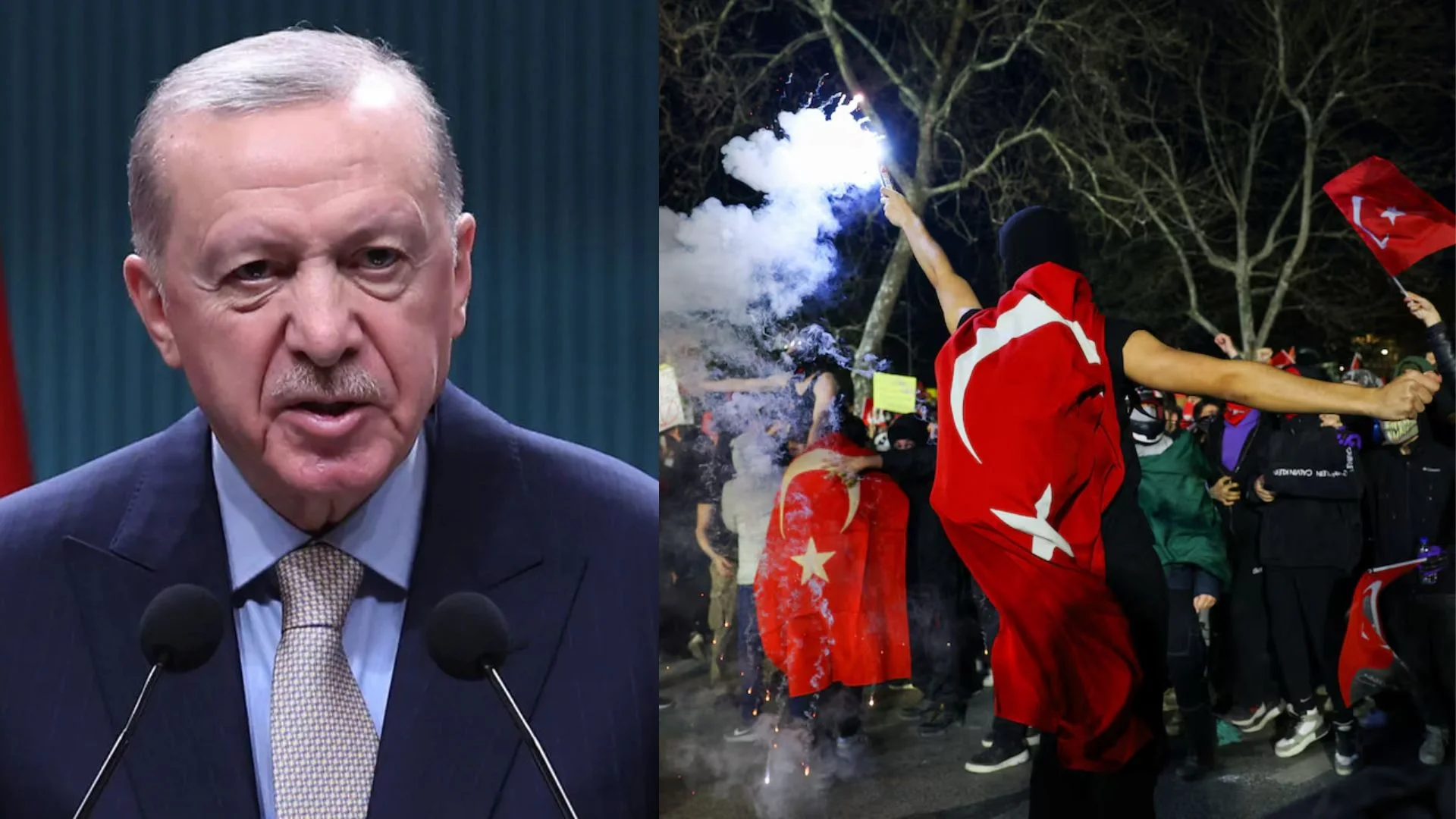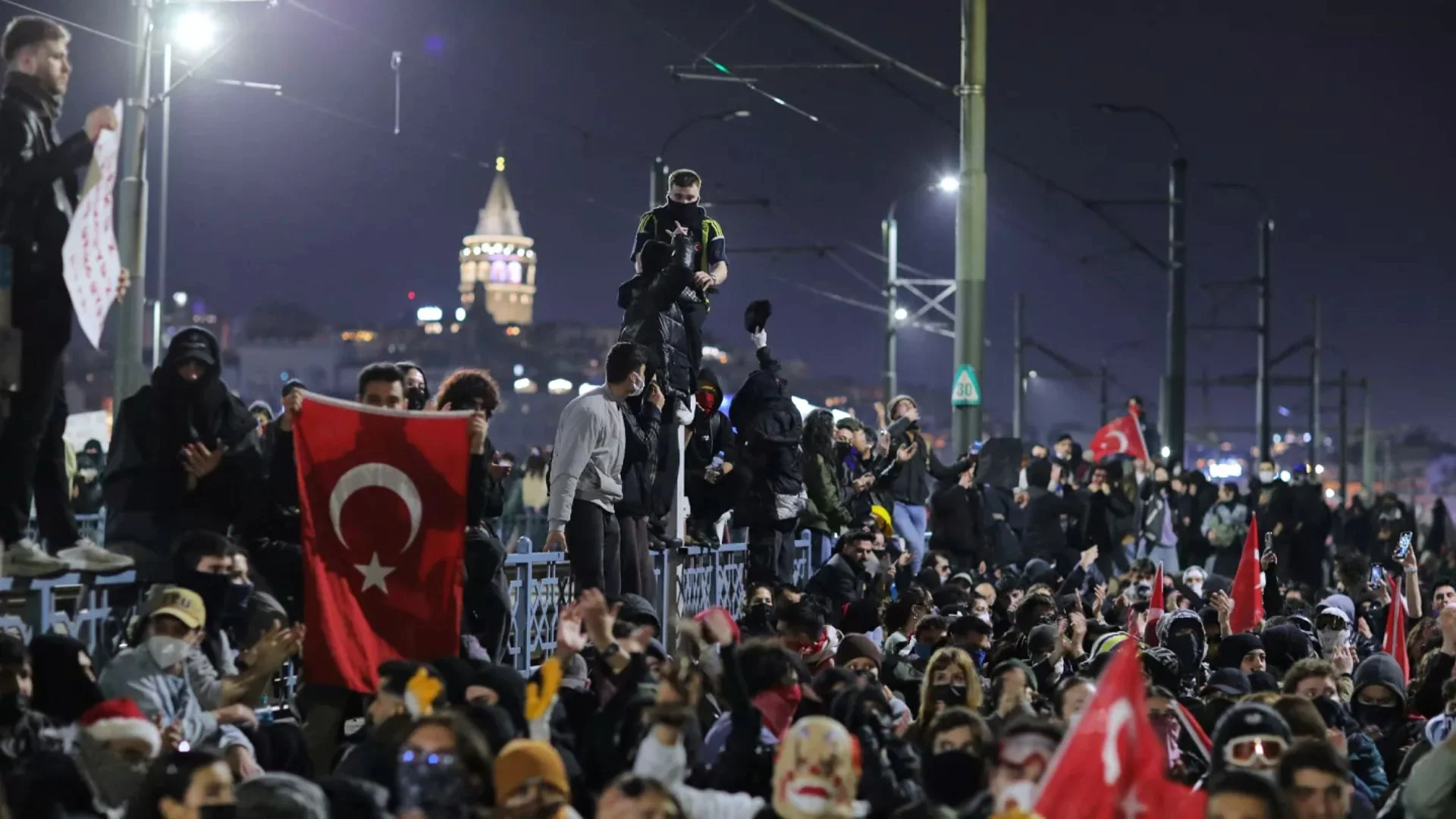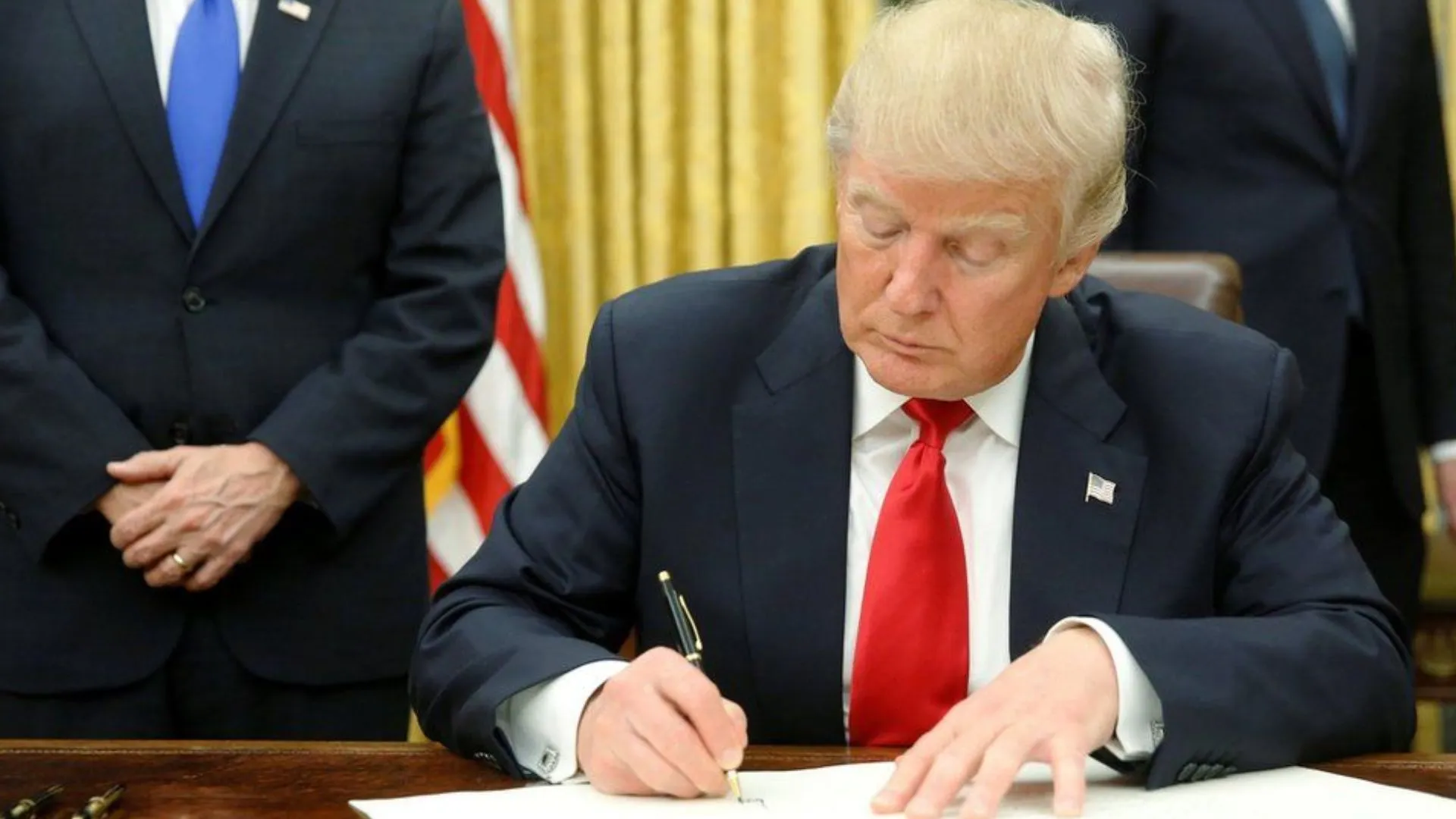In a significant development aimed at ending the ongoing conflict in Gaza, US Secretary of State Antony Blinken announced on August 19 that Israel has accepted a ceasefire deal designed to bridge differences and facilitate the release of hostages. Blinken urged Hamas to also agree to the proposal, though he did not specify if the plan addressed the concerns previously raised by the Palestinian group.
Constructive Dialogue with Israeli Leaders
Blinken’s announcement came after a lengthy two-and-a-half-hour meeting with Israeli Prime Minister Benjamin Netanyahu, followed by discussions with Israel’s Defense Minister Yoav Gallant. Blinken, who is on his ninth mission to the Middle East since the conflict began, emphasized the importance of seizing this opportunity to bring about a ceasefire. He described the meeting with Netanyahu as “very constructive” and highlighted that Israel’s support for the bridging proposal was a crucial step forward.
“The next important step is for Hamas to say yes,” Blinken told reporters, underscoring the urgency of the situation.
Months of Diplomatic Efforts
The United States, along with Egypt and Qatar, has been working tirelessly for months to broker an agreement, though the talks have repeatedly stalled. Despite Blinken’s optimism, Hamas has expressed dissatisfaction with the proposal, and Israel has maintained firm positions on key issues, including control over strategic corridors in Gaza.
The Best, Possibly Last Opportunity
Blinken described the current moment as possibly the last and best opportunity to secure the release of hostages held by Hamas and achieve a ceasefire that could alleviate Palestinian suffering after more than 10 months of intense fighting. He also called on all parties, particularly Iran, to refrain from actions that could escalate the conflict further.
“This is a decisive moment, probably the best, maybe the last, opportunity to get the hostages home, to get a ceasefire and to put everyone on a better path to enduring peace and security,” Blinken stated during talks with Israeli President Isaac Herzog in Tel Aviv.
Israel Thanks the US for Its Support
President Herzog expressed gratitude for the US administration’s continued support and acknowledged the difficult circumstances Israel faces, with recent terrorist attacks highlighting the ongoing threat. He emphasized Israel’s resilience and determination to combat terrorism.
Ongoing Mediation Efforts
Mediators are set to meet again in Cairo this week to solidify the ceasefire agreement. Blinken is scheduled to travel to Egypt after concluding his visit to Israel, where he will continue discussions aimed at finalizing the ceasefire.
A Complex and Evolving Proposal
The proposed ceasefire involves a three-phase process where Hamas would release all hostages abducted during its October 7 attack, in exchange for Israel withdrawing its forces from Gaza and releasing Palestinian prisoners. However, disputes remain, particularly over Israel’s demands for maintaining a military presence along the Gaza-Egypt border to prevent arms smuggling and along a route bisecting Gaza for security checks.
Both sides are expected to formally respond to the US proposals this week, which could lead to a ceasefire declaration, provided the negotiations do not stall again.
Challenges and Obstacles
Despite the progress, Hamas has accused Netanyahu of setting new conditions that could prolong the conflict, while Israel insists its demands are consistent with previous proposals. As negotiations continue, the situation remains tense, with both sides under pressure to reach an agreement that could finally bring relief to the war-torn region.























